Infection Prevention & Control (IPC) Training
Quantity: 1
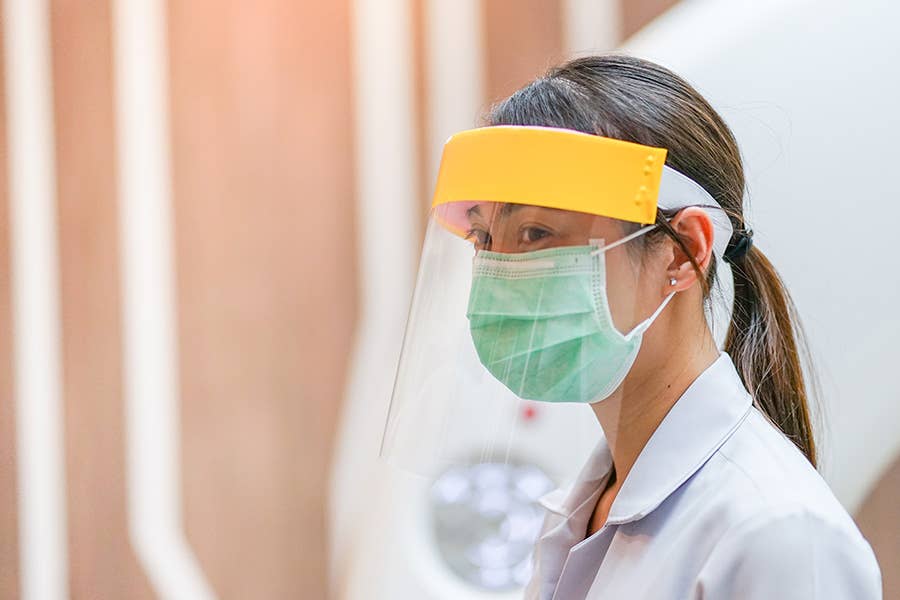
Duration 1-2 hours
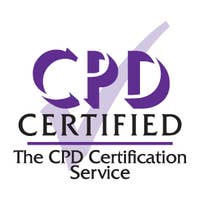


100% online training
Start when you like
Learn on any device (desktop, mobile or tablet)
Instant assessment and result
1 learner per course
Train teams of all sizes
Bulk discounts starting at 10% off 10 courses
Pay by invoice with 30 day payment terms available (5+ courses)
Includes a 10% discount for 10+ courses
Infection prevention and control is essential for all businesses, particularly where the working environment or work activities could put employees and those around them at risk of infection. This includes those working in healthcare, in close contact with people or animals, and those involved in the cleaning of human and animal waste. Infections can be easily spread, but by understanding the correct steps to take, the risk of their occurrence can be both prevented and controlled.
This online infection prevention and control course covers the chain of infection, how to break the chain, best practices in hygiene and PPE, and the importance of risk management. It outlines the responsibilities of both employer and employee, highlights the benefits of robust infection control policies and procedures, and details key legislation and regulations.
100% online training
Access anywhere
Same day digital certificate
Printed certificate posted next working day
Full audio voiceover
Assessment retakes at no extra cost
Developed in partnership with health and safety experts
Accredited by CPD and assured by RoSPA Qualifications
Bulk discount for orders of 10+ courses
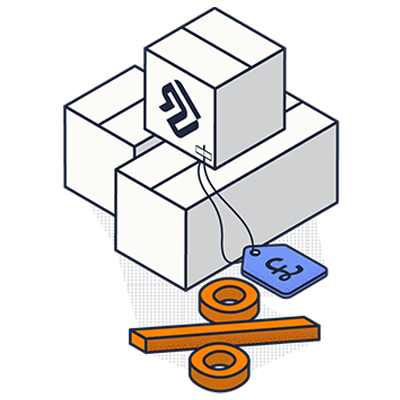
Save on our courses when you buy more training upfront. Lock in a better price now and access the training whenever you need to. You can mix and match any of our courses too and get the discount off your whole order.
10+ courses = 10% off
50+ courses = 20% off
100+ courses = 30% off
500+ courses = 40% off
By the end of this course, you will:
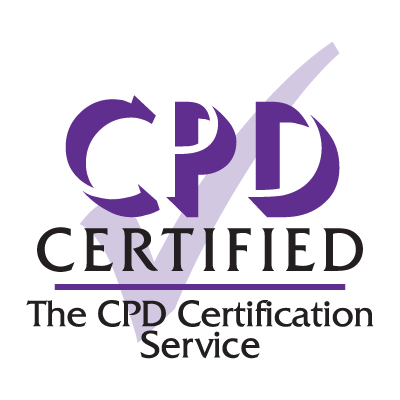
Accredited by CPD
All of our courses are accredited by the CPD Certification Service as conforming to universally accepted Continuing Professional Development (CPD) guidelines.
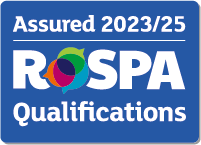
Assured by RoSPA Qualifications
This course is also assured by the Royal Society for the Prevention of Accidents through their RoSPA Qualifications Assurance System, as providing up-to-date, quality and content-approved training.
Recommended renewal:
1 year
What does this mean? This certificate does not have an expiry date, however, based on industry best practice guidelines there is a recommended renewal period.
Our in-house Learning Designers develop all of our courses to give you and your learners the most engaging training possible.
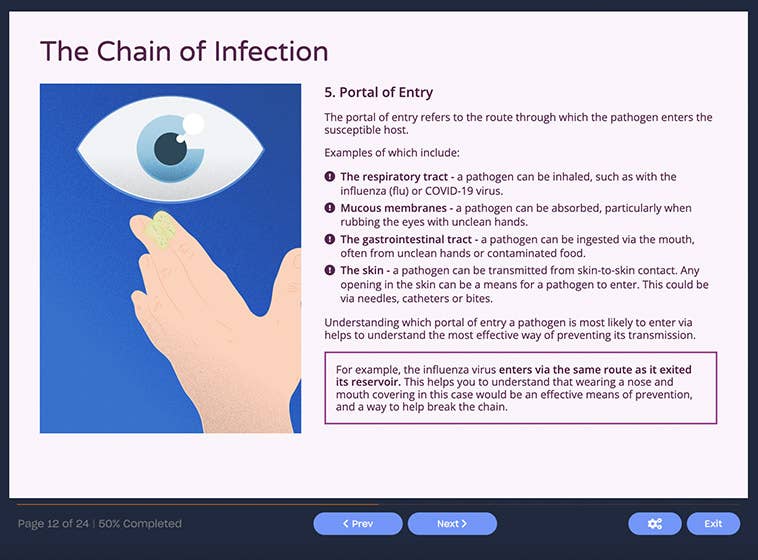
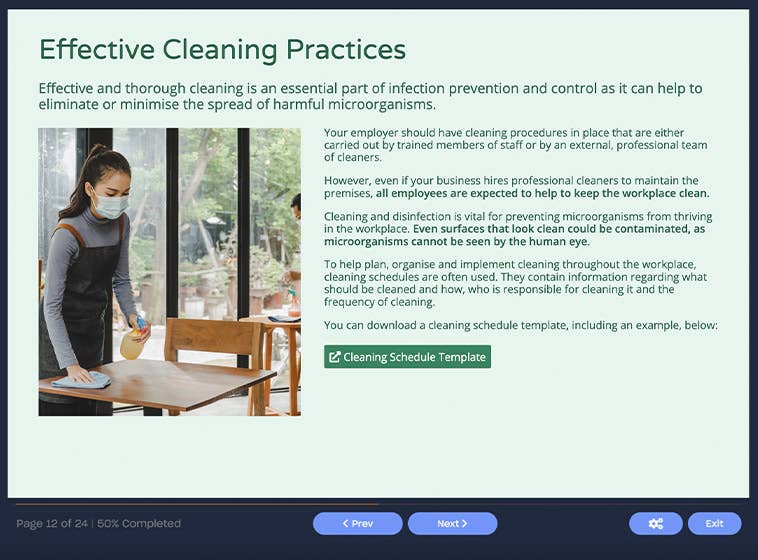
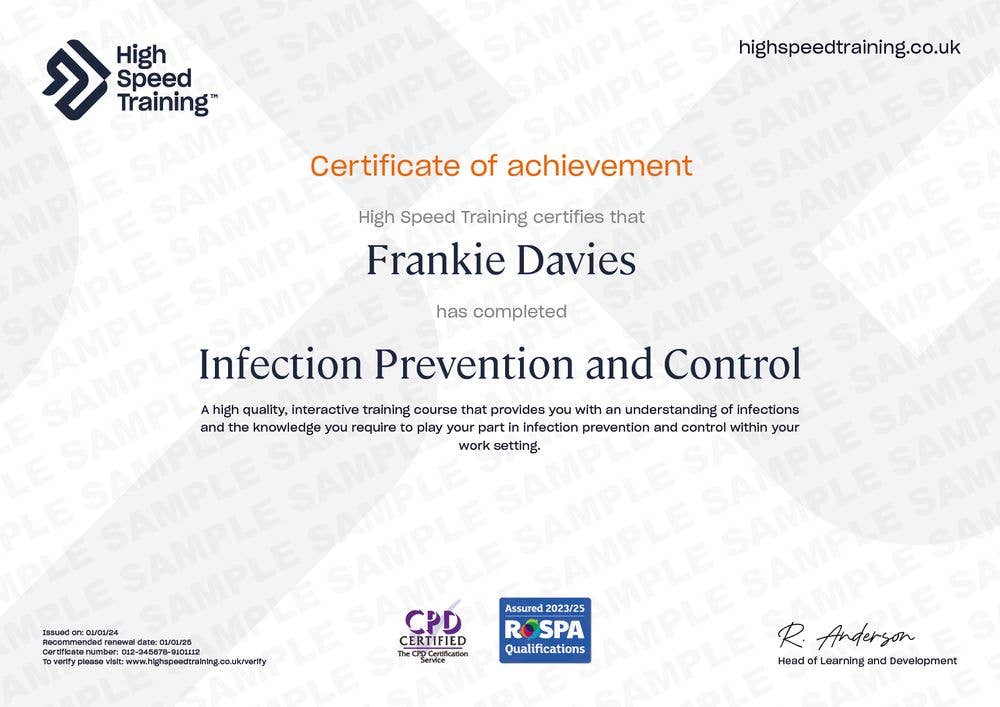




What is infection prevention and control, why is infection prevention and control important, who is this course for, legal requirements, legislation and regulations, employer responsibilities, and employee responsibilities.
Infection, sources of infection, the chain of infection, breaking the chain of infection, types of infection, infection at work, and who is most at risk.
Risk assessments, Control of Substances Hazardous to Health (COSHH), Reporting of Injuries, Diseases and Dangerous Occurrences Regulations (RIDDOR), effective cleaning practices, spill kits and their uses, waste disposal, and managing COVID-19 risks.
Effective hygiene practices, hand hygiene, personal protective equipment (PPE), and further PPE considerations.
The online assessment is taken on completion of the training material. You will be asked 20 multiple choice questions with a pass mark of 80%. The answers are marked automatically so that you’ll instantly know whether you passed. If you don't pass don't worry! You can take the test as many times as you need with no extra charge.
This training course is suitable for anyone whose working environment and job role exposes them to risk of infection. The information it provides can help everyone to understand how to work towards a safer working environment for themselves and those around them.
This includes:
If your role involves the handling of needles or sharps then our Needles & Sharps Awareness Training will also be helpful in teaching the methods by which you can prevent infection.